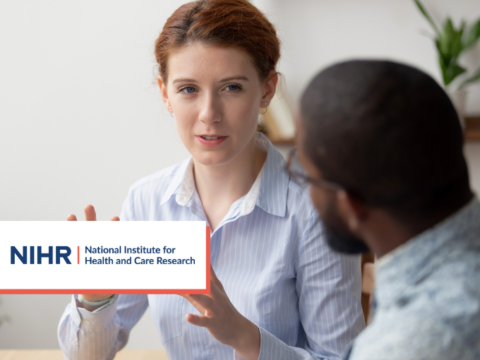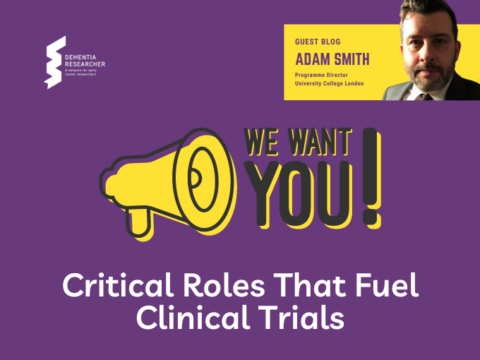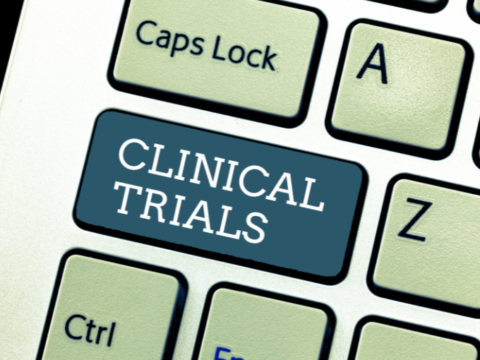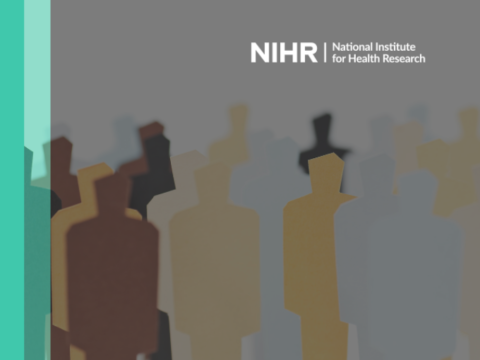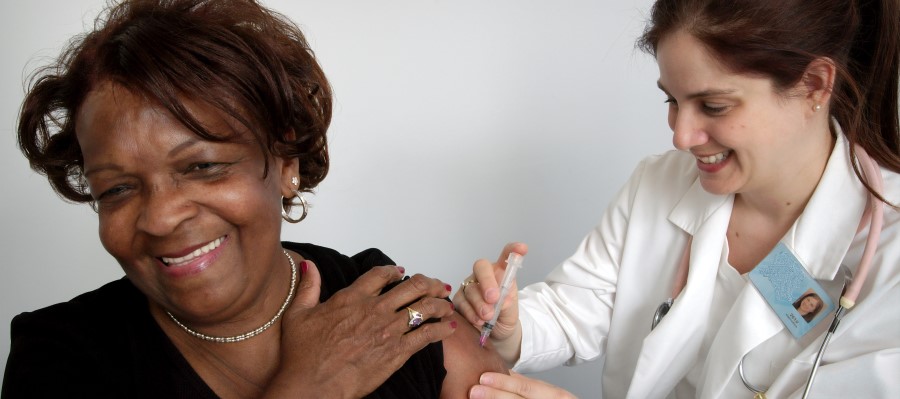
A new report, from the Schaeffer Center for Health Policy & Economics and Gates Ventures, found that current trials are ‘more complicated, costly and slower’ when compared to other health areas. The study found seven key barriers to clinical trials for Alzheimer’s disease:
Key Takeaways
- Alzheimer’s disease (AD) clinical trials are more complicated, costly, and slower than trials for other diseases.
- The AD patient journey spans three ecosystems: community, healthcare, and clinical trial.
- Across these ecosystems, key barriers include limited patient awareness, lack of clear diagnosis, and infrequent trial referrals which hinder trial success.
- Surmounting these barriers would increase the number and diversity of patients who have access to clinical trials, support the successful completion of more trials, and accelerate the approval of innovative therapies.
- Stakeholders in the Alzheimer’s research community must take a holistic view of these barriers and collaborate to eliminate them.
Abstract
Randomised clinical trials are a cornerstone of the drug-approval process, but in Alzheimer’s disease (AD) they present a particular challenge. Alzheimer’s trials tend to be slower to enrol participants, take longer to complete, and are more expensive than trials in most other therapeutic categories. In fact, approximately 99% of eligible patients are never referred to or consider participating in an AD clinical trial. To be effective, new approaches to AD clinical trials must surmount barriers to participation and bring as many people as possible into, and through, the AD clinical-trial ecosystem. The Alzheimer’s research community—including patient organisations, healthcare providers, researchers, government, and innovators—must collaborate to make this possible.
Full Report Available Here
A blog about this white paper is available here and a press release is available here.
By Dana Goldman, PhD, Kristina Malzbender, BS, Lisette Lavin-Mena, MS, Lynne Hughes, PhD, Niranjan Bose, PhD, and Deep Patel, MA

 Print This Post
Print This Post
